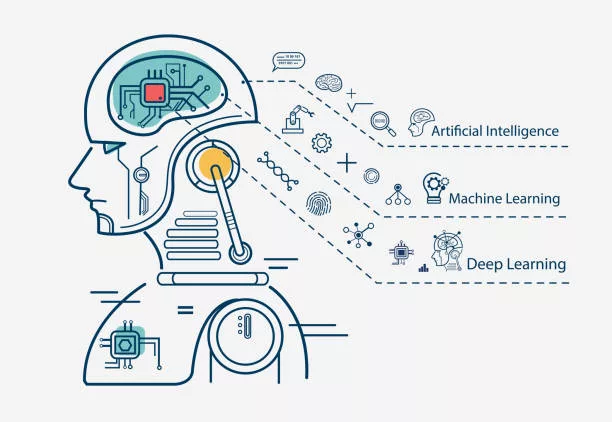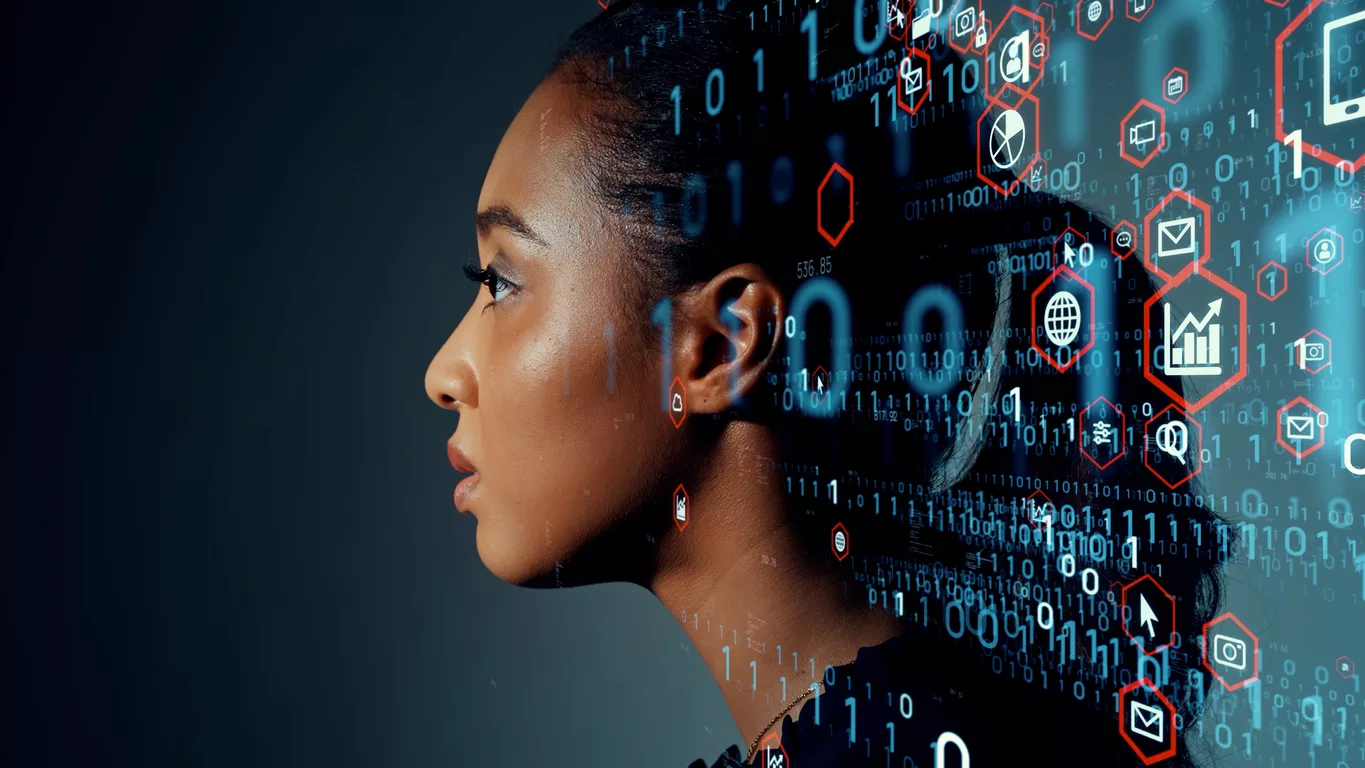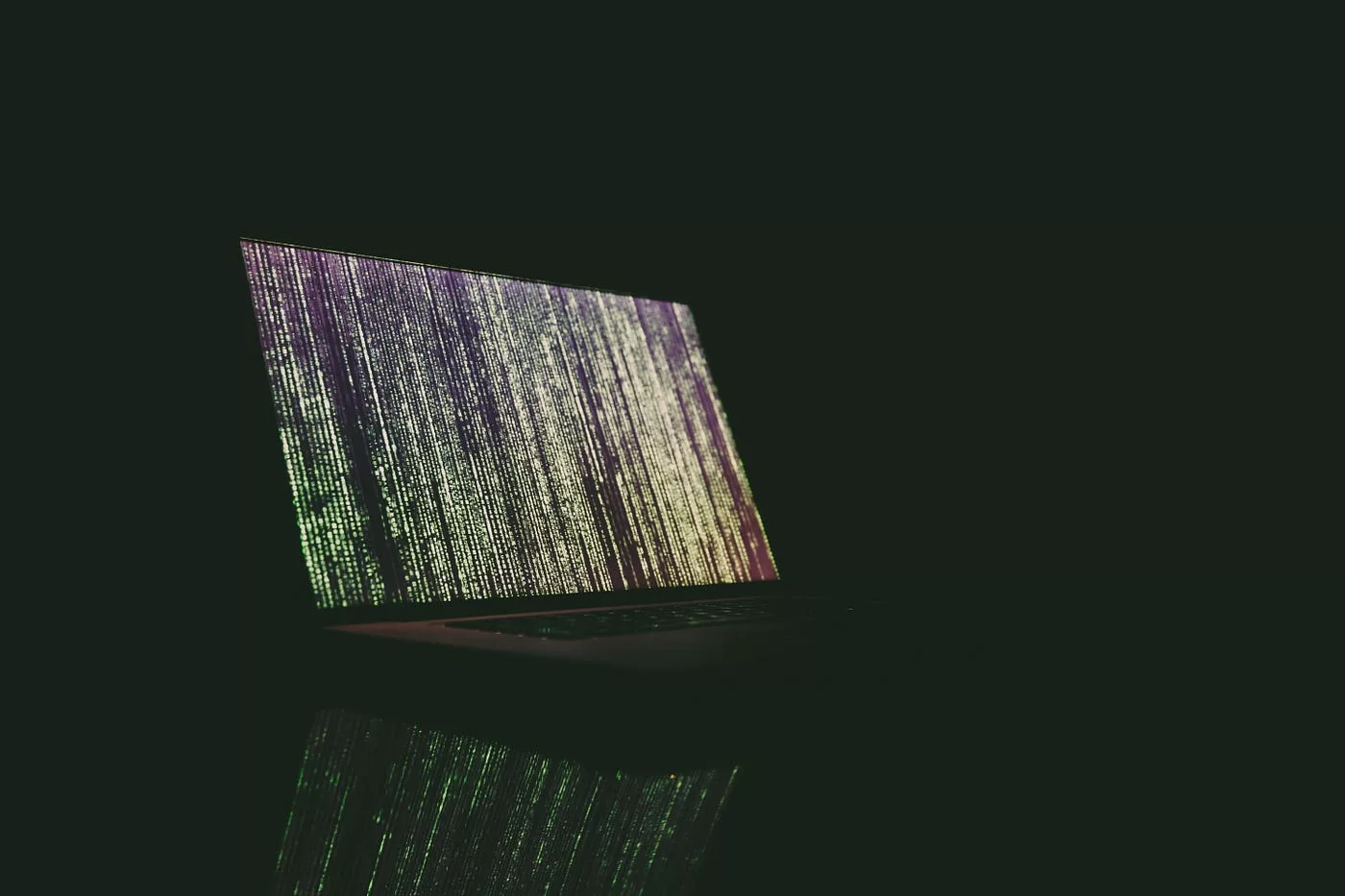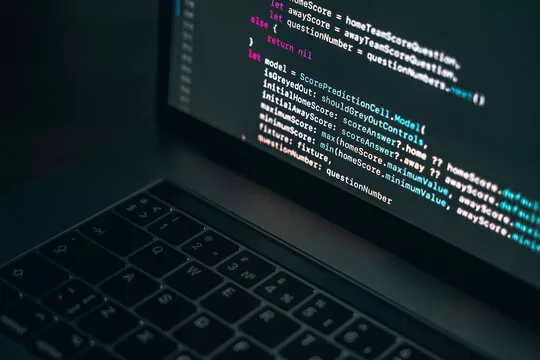If you’re one of those people who believes that robots with artificial intelligence will take over the world in the near future, you’re not alone. In fact, many experts believe that this is exactly what’s going to happen. And why shouldn’t they? After all, AI has been making incredible strides in recent years. It has helped us learn how to fly planes and drive cars, among other things. So what does this mean for the future of manufacturing? Well, it means that machines will become increasingly intelligent and able to do more and more complex tasks on their own. This will drastically change the way we manufacture products, and it won’t be long before robots are doing most of the work on factory floors. So if you want to stay ahead of the curve, start studying up on artificial intelligence right now. There’s no telling where it will take us next.
What is artificial intelligence?
Artificial intelligence (AI) is a branch of computer science concerned with the design and development of intelligent agents, which can be defined as systems that can reason, learn, and act autonomously. These systems are familiar to us through popular media such as movies and games, but they are also used in many real-world applications such as finance, healthcare, and manufacturing. AI research is conducted in universities around the world, with significant funding from government agencies and private companies.
How will robots with AI change the world?
As artificial intelligence (AI) advances, so too will its ability to carry out complex tasks. With this increase in AI capabilities comes the potential for robots to take on more and more of the world’s workload- including jobs traditionally reserved for humans.
This shift could have a major impact on society and the economy. For one, it could lead to a decrease in employment rates as robots take over many labour-intensive tasks. It could also lead to increased automation and decreased wages for certain sectors of the workforce. At the same time, however, new opportunities may emerge as machines are able to perform tasks that were once thought impossible for them, such as learning new skills quickly or making rational decisions.
There is still plenty of debate surrounding how large an impact AI will ultimately have on the world, but there is no doubt that it will be a factor in both our everyday lives and future economic development.
Pros of having AI in the world
The advantages of having artificial intelligence (AI) in the world are many. For one, AI can help us avoid dangerous outcomes that could happen if we were to make decisions purely based on human intuition. Additionally, AI can help us optimize our processes and save time. Finally, AI can also help us expand our horizons and learn new things more quickly than humans.
How do we stop robots from ruling the world?
We’ve all heard the predictions that robots will soon rule the world, but what does this actually mean for our future?
First of all, it’s important to think about what is meant by “rule the world.” For some people, this might mean that robots are able to do everything human beings can do, from working in factories to performing medical procedures. For others, it might just mean that robots are able to carry out specific tasks more efficiently than humans.
Regardless of how many jobs are eliminated due to automation, there are many benefits to having robots in society. For one thing, they’re much cheaper than human workers. This means businesses can operate more efficiently and produce more products with less cost. Plus, robot technology is constantly evolving, which means that new and better bots will be created over time.
So far, most studies have shown that there are significant benefits to having robots in society. However, there are also a few potential risks associated with their widespread deployment. One potential issue is that robots could become uncontrollable and pose a threat to humanity as a whole. If they’re able to hack into infrastructure or manufacturing processes and cause major accidents, for instance, then they could cause a lot of damage and casualties.
Another potential issue is that robots may take away jobs from humans – especially those traditionally seen as low-skilled or manual labour jobs. This could lead to large numbers of people becoming unemployed and welfare states becoming necessary. In fact, some economists
Conclusion
There is no doubt that artificial intelligence (AI) will play an increasingly important role in our lives in the coming years. From providing enhanced customer service to automating tedious tasks, AI has the potential to revolutionize a wide range of industries. However, there is also a risk that this technology could be abused by companies or governments to control and manipulate us. As we begin to explore the implications of AI, it is important to remember that we are still at the early stages of this technology and its implementation into society. It will be interesting to see how these developments unfold over the next few years and what impact they will have on our world as a whole.





